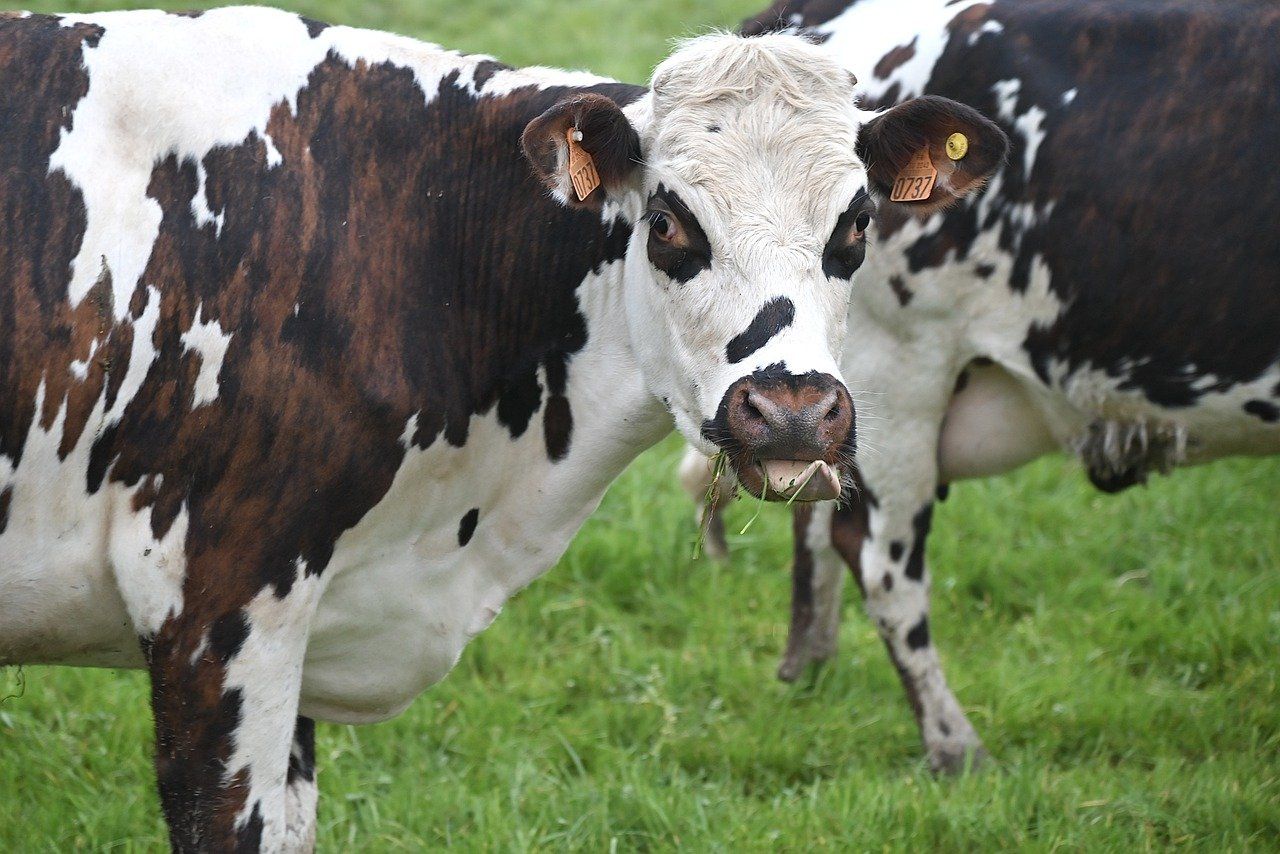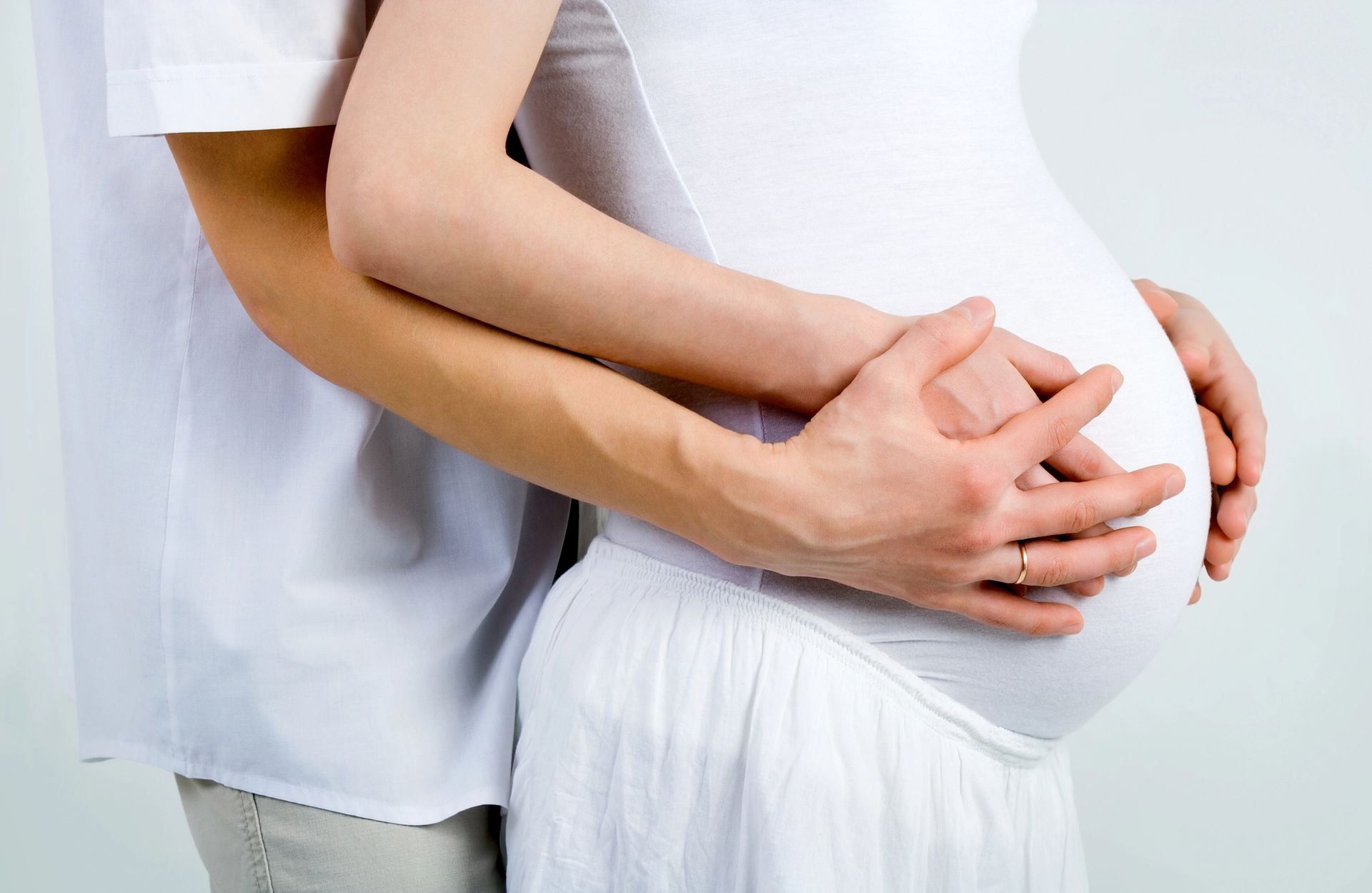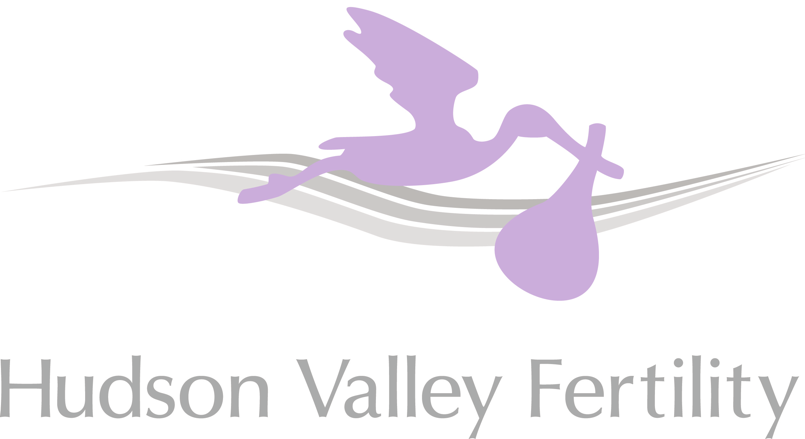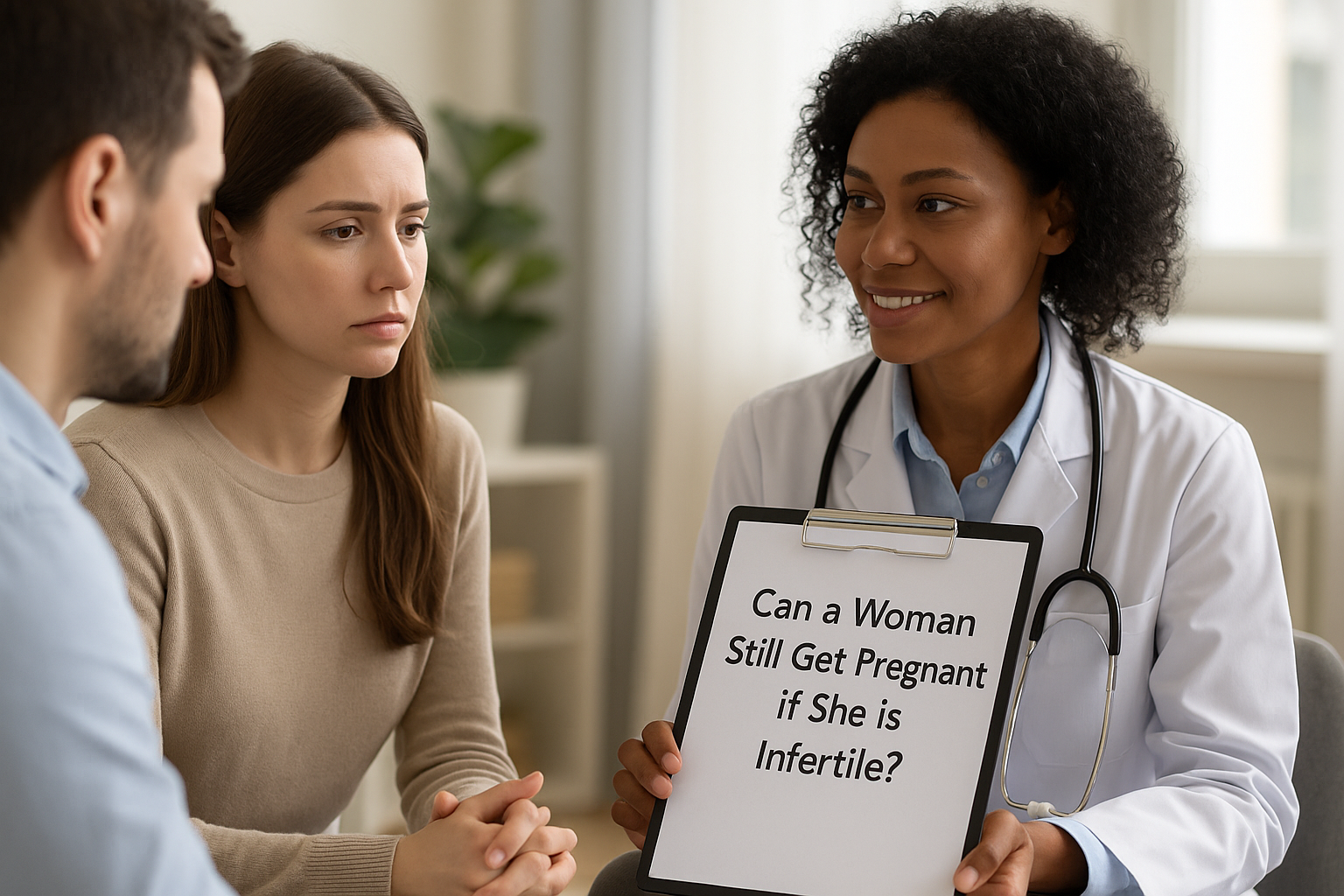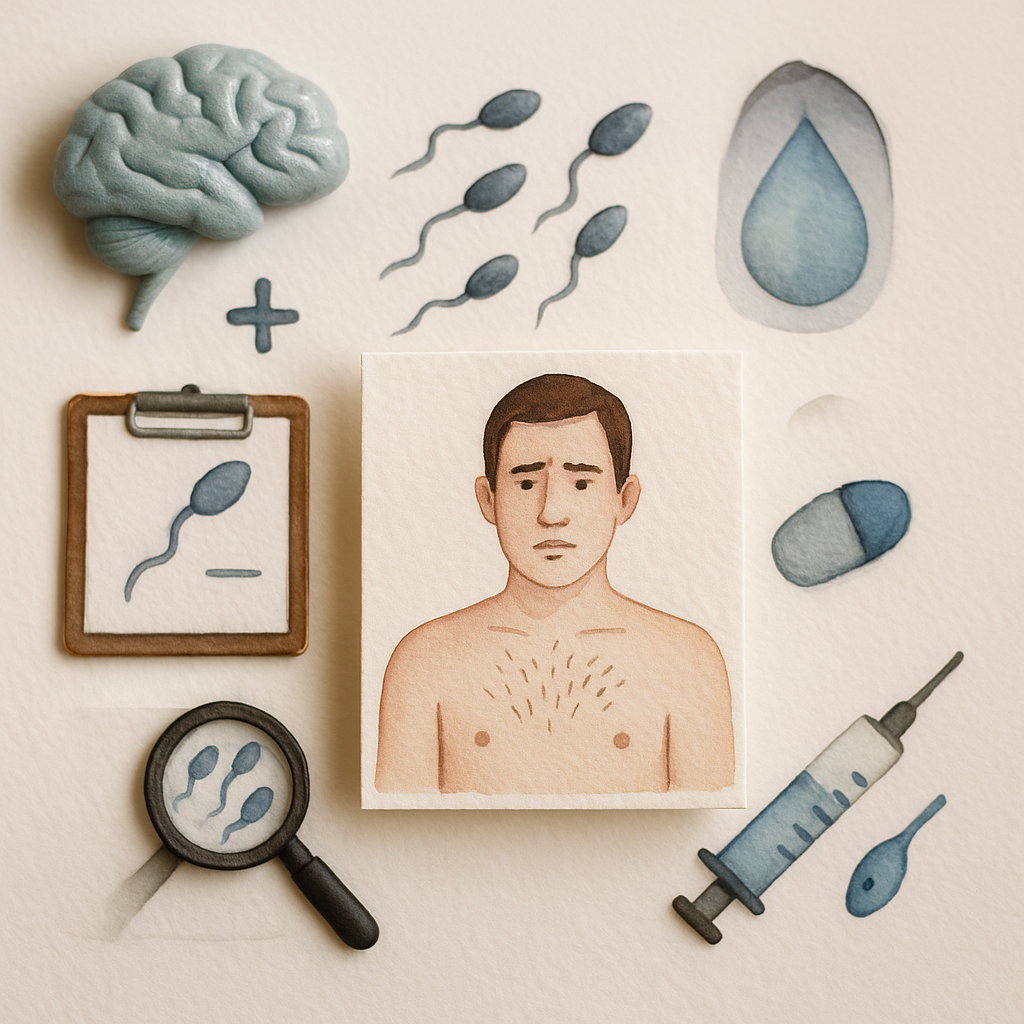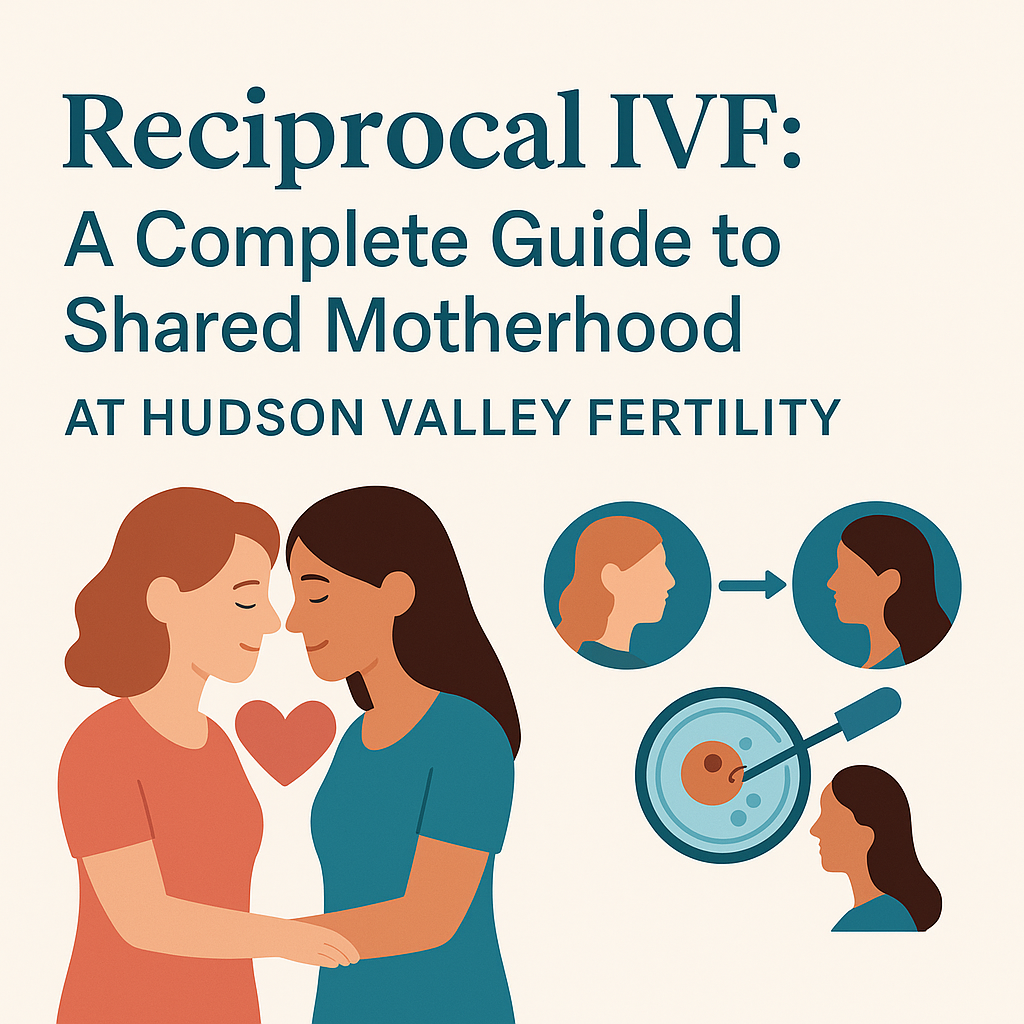Acupuncture is an ancient practice rooted in Chinese Medicine and has been utilized for thousands of years to address various medical conditions, including infertility. This therapeutic technique involves the insertion of thin needles at specific points on the body, which is believed to enhance the flow of energy, known as Qi (pronounced Chee), in accordance with Traditional Chinese Medicine (TCM). Improved energy flow is thought to alleviate medical conditions that arise from disruptions in this optimal energy pathway.
From a Western medical standpoint, acupuncture is understood to operate through several mechanisms. These may include the stimulation of endorphins and other hormones in the brain, which can promote ovulation while also helping to reduce stress and alleviate pain. Furthermore, acupuncture may induce peripheral physiological responses, such as dilation of blood vessels and reduced resistance to blood flow, resulting in enhanced circulation to the ovaries and improved conditions in the uterine endometrial lining.
Acupuncture and Ovulation
Research studies have shown that acupuncture can be effective in the treatment of ovulation. It has the potential to positively influence reproductive hormones such as GnRH, FSH, LH, Estradiol, and Progesterone. For instance, a study conducted at the University of Heidelberg in Germany found that 45 women with ovulatory infertility experienced improved ovulation rates following acupuncture treatment. Additionally, another study utilized electroacupuncture for ovulation induction in 24 women with irregular menstrual cycles and Polycystic Ovary Syndrome (PCOS), resulting in an increase in ovulation rates from 15% to 66% after three months of treatment.
Acupuncture and In-Vitro Fertilization (IVF)
Research has indicated that the integration of acupuncture with in vitro fertilization (IVF) may enhance treatment success rates. For instance, a randomized study conducted by Paulus involved 160 women who underwent IVF either alone or in combination with acupuncture during embryo transfer. The results showed that the clinical pregnancy rate was 42.5% in the acupuncture group compared to 26.3% in the group that received no acupuncture. Another study by Westergaard found similar findings; among 182 women undergoing IVF, those who received acupuncture on the day of embryo transfer achieved clinical and ongoing pregnancy rates of 39% and 36%, respectively. In contrast, those who did not receive acupuncture had rates of 26% and 22%. Additionally, a meta-analysis encompassing 23 studies and involving a total of 5,807 subjects further supported these findings, demonstrating improved IVF outcomes for those who utilized acupuncture as part of their treatment.
Acupuncture and Stress
Infertility can often lead to significant emotional challenges, making stress management an important aspect of the overall process. Research indicates that various interventions, such as acupuncture, may be effective in reducing both physical and emotional stress associated with infertility. Additionally, acupuncture has been utilized as a treatment approach for conditions such as anxiety and depression, potentially supporting individuals during their infertility journey.
Acupuncture can be regarded as a complementary therapy in the treatment of infertility. When integrated into patient care, it offers a holistic approach that combines Eastern and Western medical practices, as well as addressing the mind-body connection. This multidisciplinary strategy may enhance treatment outcomes and support individuals on their fertility journey.
Resources:
1. Azo et al, The influence of acupuncture stimulation on plasma levels of LH, FSH, Progesterone and Estradiol in normally ovulating women, , Am J Chinese Medicine, 4, 1976, 391-401
2. Yu et al, Changes in Serum FSH, LH and ovarian follicular growth during electro-acupuncture for induction of ovulation, Chung His I Chieh Ho Tsa Chih, 1989, 9, 199-202
3. Mo et al, Clinical Studies on the mechanism of acupuncture stimulation of ovulation, Journal of Traditional Chinese Medicine, 1993, 13, 115-119.
4. Cai et al, Substitution of acupuncture for human chorionic gonadotropin in ovulation induction, Journal of Traditional Chinese Medicine, 1997, 17, 119-121.
5. Gerhard I et al, Auricular acupuncture in the treatment of female infertility,Gynecologic Endocrinology, 1992,6, 171-181.
6. Steiner-Victorin, et al , Effects of electro-acupuncture on anovulation in
women with Polycystic Ovary Syndrome, Acta Obstet Gynecol Scand, 2000, 79, 180-188
7. Paulus et al, Influence of acupuncture on the pregnancy rate in patients who undergo assisted reproductive technology, Fert Ster, 2002, 77, 721-724
8. Westergaard et al, Acupuncture on the day of embryo transfer significantly improves the reproductive outcome in infertile women- a prospective randomized trial, Fert Ster, 2006, 85, 1341-1346
9. Zheng et al, Effects of acupuncture on pregnancy rates in women
undergoing in-vitro fertilization; a systematic review and meta-analysis,
Fert Ster, 2012, 97, 599-611
10. Domar et al, The mind-body program for infertility: a new behavioral
treatment approach for women with infertility, Fert Ster, 1990, 53, 246-249
11. Chen et al, An introduction to sequential electric acupuncture (SEA) in the
treatment of stress related physical and Mental disorders, Acupuncture
Electrotherapy Research, 1992, 17, 273-283
12. Dong et al, Research on the reduction of anxiety and depression with
acupuncture , Amer J Acupuncture, 1993, 2, 327-330



